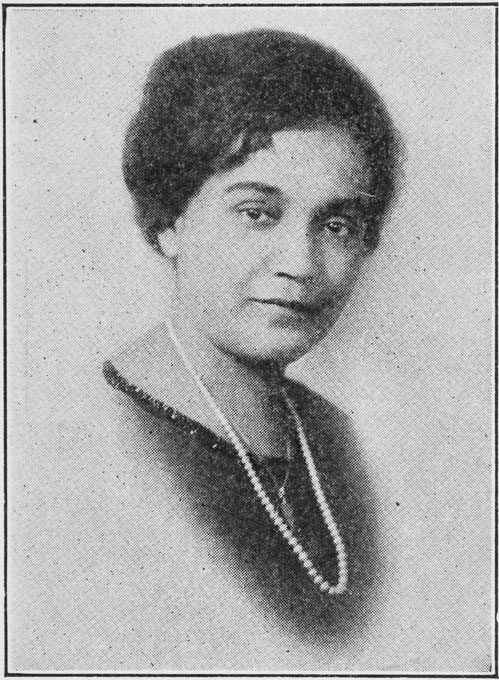Richmond Read-along 60

Welcome back to the Richmond Read-along! Today we are reading a poem by Jessie Redmon Fauset, an influential literary figure in the 1920s and 30s. Having graduated from Cornell University despite the racism she faced in academia, she became editor of “The Crisis” when her writing and astute critical eye impressed W. E. B. Du Bois. In this position she was a great influence on the Harlem Renaissance, a movement that saw an explosion of black cultural and artistic work centring on Harlem in New York. Fauset’s refined criticism and encouragement helped mould many of the literary figures who emerged during this time.
Fauset was also a writer herself, producing poems, essays and four novels. Her novels in particular aimed to give a more realistic portrayal of black people than the racist caricatures that were being published. She received both praise and criticism for her subject matter and writing style, before eventually fading in popularity during the Great Depression. Fauset eventually returned to teaching French, which she continued to do until her retirement.
Today we are reading “Oriflamme:”
“I think I see her sitting bowed and black,
Stricken and seared with slavery’s mortal scars,
Reft of her children, lonely, anguished, yet
Still looking at the stars.
Symbolic mother, we thy myriad sons,
Pounding our stubborn hearts on Freedom’s bars,
Clutching our birthright, fight with faces set,
Still visioning the stars!”
You can find this poem and others by Fauset on Poets.org. Find more information about Fauset at Biography.com.
Join us again tomorrow for the next Richmond Read-along!
